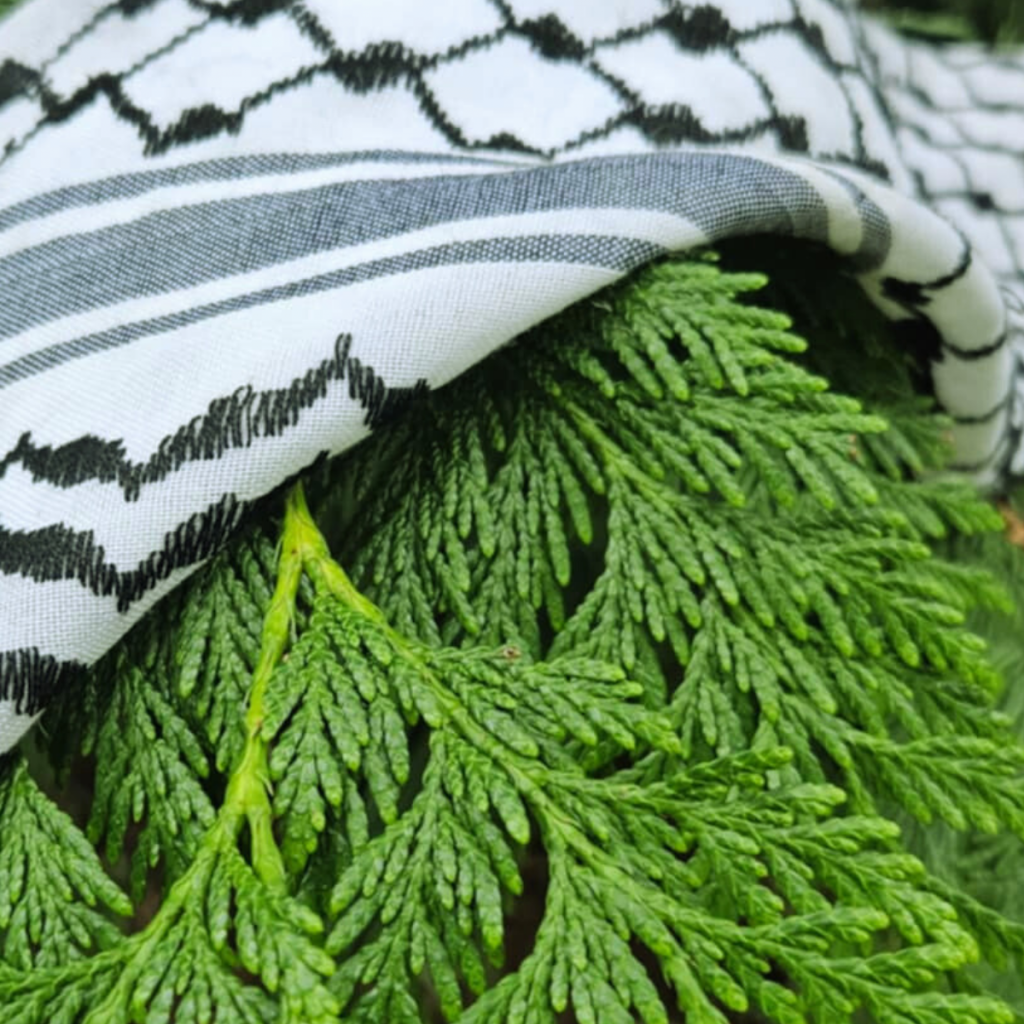
It’s that time of the year again when I’m struck with a deep dissonance within and around me. There is a contradictory dynamic of a celebratory atmosphere and a colossal grief etched into the fabric of the ground I walk on, penetrating my bones. On the surface, the arrival of July 1st marks the illusorily named “Canada Day,” heralding facile expressions of Canadian pride, independence, and an inundation of Canadian flags decorating public spaces.
I have a stark memory of my first year in Canada – 2018, I had recently turned 23, had only ever lived in my family home on the other side of the world, and my first Canada Day was approaching. A group of us, people I had barely known for a few months and all trying to find our footing in a new country, made plans to attend the firework display happening that evening. Admittedly, so much about Canada felt exciting and novel back then so the energy was infectious. I soaked it up, not knowing that the holiday being celebrated was and is built on the oppression of the Indigenous communities who have always been here, long before the alleged “discovery” of these lands.
A substantial part of my initial years in Canada were about survival. Surviving in a system designed to dehumanize you makes it necessary to fit in and to assimilate. Most newcomers, migrants, and refugees have stories of survival and that can be all-consuming.
In the absorption of survival, in striving to be a “good immigrant” and to prove to the government that you are worthy of being here, the process of learning about Indigenous truths and building relationships to strengthen migrant solidarity with Indigenous communities tends to get undermined. In that time, participating in my first and last performance of Canada Day was one of many attempts to be seen as a palatable human, especially when you add the layers of coming from a place, belonging to a people, holding a Palestinian refugee travel document, that the Canadian state insists does not exist*. We don’t recognize you, they say. But I say, we don’t need your recognition to know we will keep existing.
I can’t help but recollect the words of Tanya Talaga, Anishnaabe author of The Knowing: we have always known. Talaga re-tells Canadian history by tracing her own family’s story living through government and church-sanctioned genocides. She takes on investigating the disappearances and murders of her family members, who were kidnapped and forcibly placed in residential schools, as the Canadian government denied this happening, and despite the Truth and Reconciliation Commission having been established. Talaga’s story is one parcel of truth uncovered out of thousands that have yet to be heard. What is a jovial commemoration of the “Canadian Confederation” for some, constitutes a wholly different reality for others.
Of course, Talaga is not alone in knowing these tragedies and much more did, in fact, happen.
Indigenous communities across the world all have their own Knowings, historical truths that rarely get told, exposed or reconciled.
When I consider the contradictory nature of the celebration of statehood achieved through egregious brutality, I often think of my own family, my grandparents, being violently exiled and stripped from their native land in Palestine, tossed into displacement until their dying days. Or my parents, my siblings, myself, who became numbers within millions in the tally of Palestinian refugees, and our Nakba being celebrated as a victorious “Independence Day” by the Occupation, and that this is our knowing. A truth passed down from generation to generation that I am now able to extend across oceans and borders and weave into the knowing of Indigenous existence everywhere. A shared existence, albeit with distinct experiences, that has become a personal responsibility of mine to nurture, strengthen and grow.
I can admit, with hints of shame, that in 2018 I did not know the way I know now, or even for most of my life up to that point. As much as governments, mainstream media, society, and status quo players who reinforce and benefit from harmful systems try to glorify the greatness of a polished colonial history with occasions such as “Canada Day” or “Independence Day,” they will never erase the truth we know because we are still here. We are here in spite of systemic erasure and denialism.
To exist in the here and now, as Indigenous people across Turtle Island or as Palestinian people, is an undeniable assurance that we will keep existing. There will be a place in time where Indigenous existences, in all of our complexities and imperfect humanities, are not subject to debate or exceptionalism.
Even better, let’s imagine a future where we can live out our existences fully and begin dreaming again. My hope is that you can start knowing too so we can get there together.
*You can get more context on Palestinian identity here.

